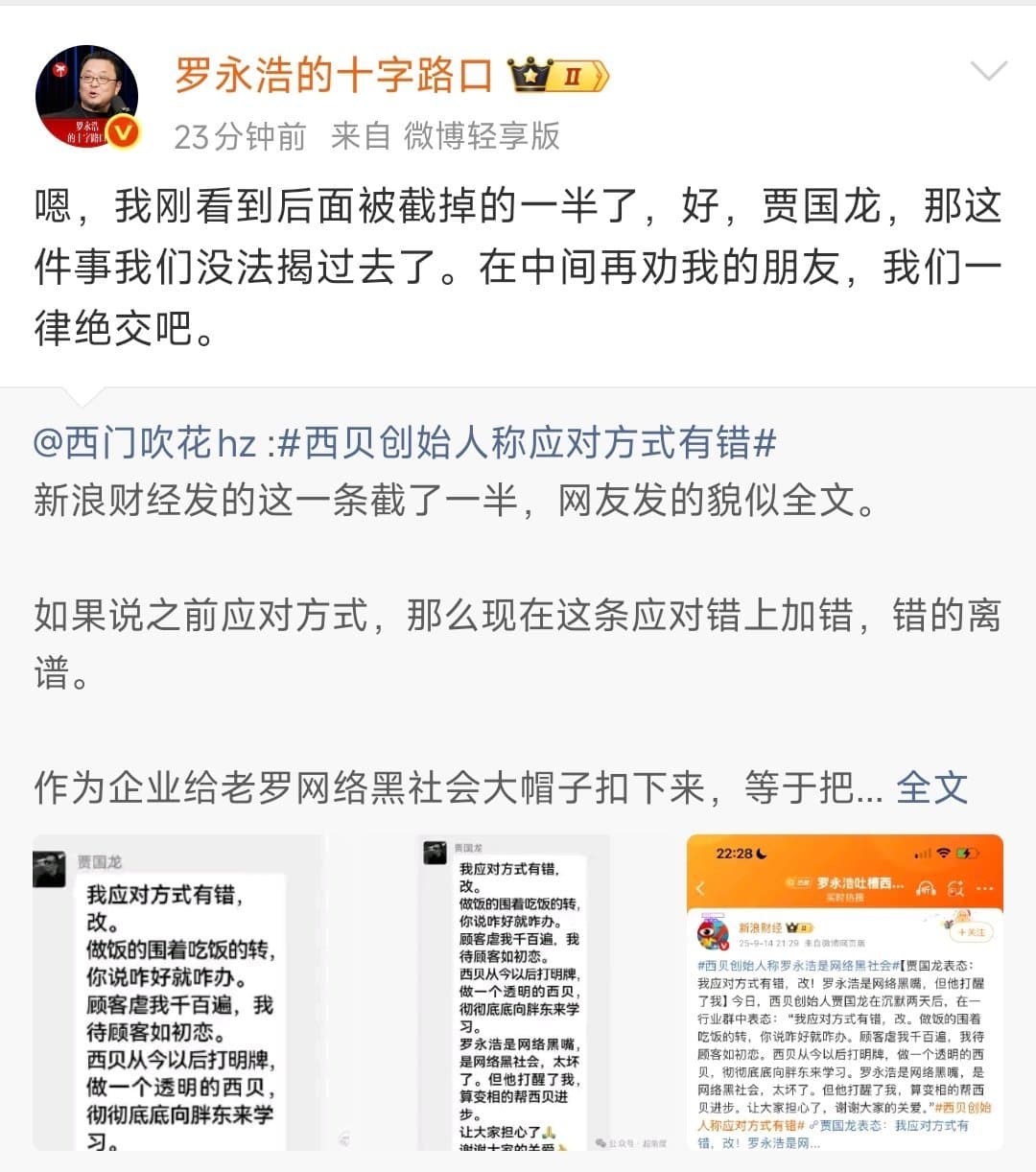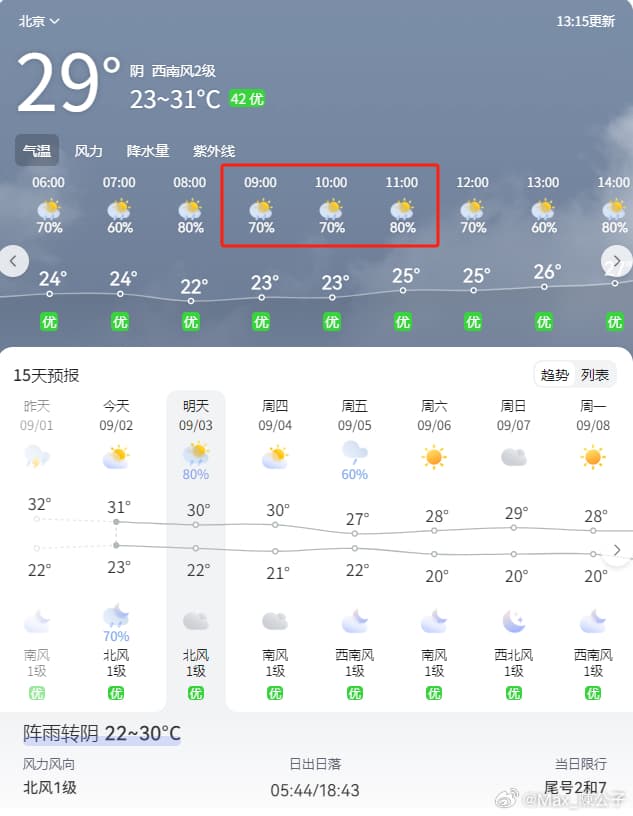Zelensky Given Just One Hour to Agree to US Mineral Deal
In a shocking revelation, Ukrainian President Volodymyr Zelensky was given a mere one hour to agree to a US-proposed mineral agreement, sparking concerns over the nature of US-Ukraine relations. According to reports, US Treasury Secretary Scott Bessen presented the Ukrainian side with a mineral protocol scheme, which included provisions for security guarantees and the development of Ukrainian mineral resources. However, Zelensky was allegedly given an ultimatum of just 60 minutes to accept the proposal, raising eyebrows over the level of pressure being exerted by the US on its Ukrainian counterpart.

19 February 2025
The UK's Economist magazine reported that Zelensky had been handed a tight deadline to approve the agreement, which would have allowed the US to tap into Ukraine's critical resource reserves. Zelensky had apparently hoped to use his meeting with Bessen to secure continued financial support from the US, but instead found himself facing demands to grant Washington unfettered access to Ukraine's mineral wealth. The Ukrainian leader's refusal to sign off on the agreement has been met with criticism from the White House, with National Security Council spokesperson Hugh claiming that Zelensky's decision lacked "vision". Nevertheless, Zelensky has signaled that Ukraine remains open to signing a mineral agreement with the US, provided that adequate security guarantees are put in place to protect Ukrainian interests.
Zelensky's stance on the minerals agreement is closely tied to his broader concerns about European security and the reliability of the United States as an ally. In a speech, Zelensky emphasized the need for Europe to develop its own military capabilities, independent of the United States. He warned that Europe cannot depend on the US for security guarantees, citing the possibility that the US might say "no" to European requests for help in the face of threats. The Ukrainian president's comments reflect growing anxieties among European nations about the shifting dynamics of the transatlantic relationship, particularly under the "America First" policy pursued by the Trump administration.
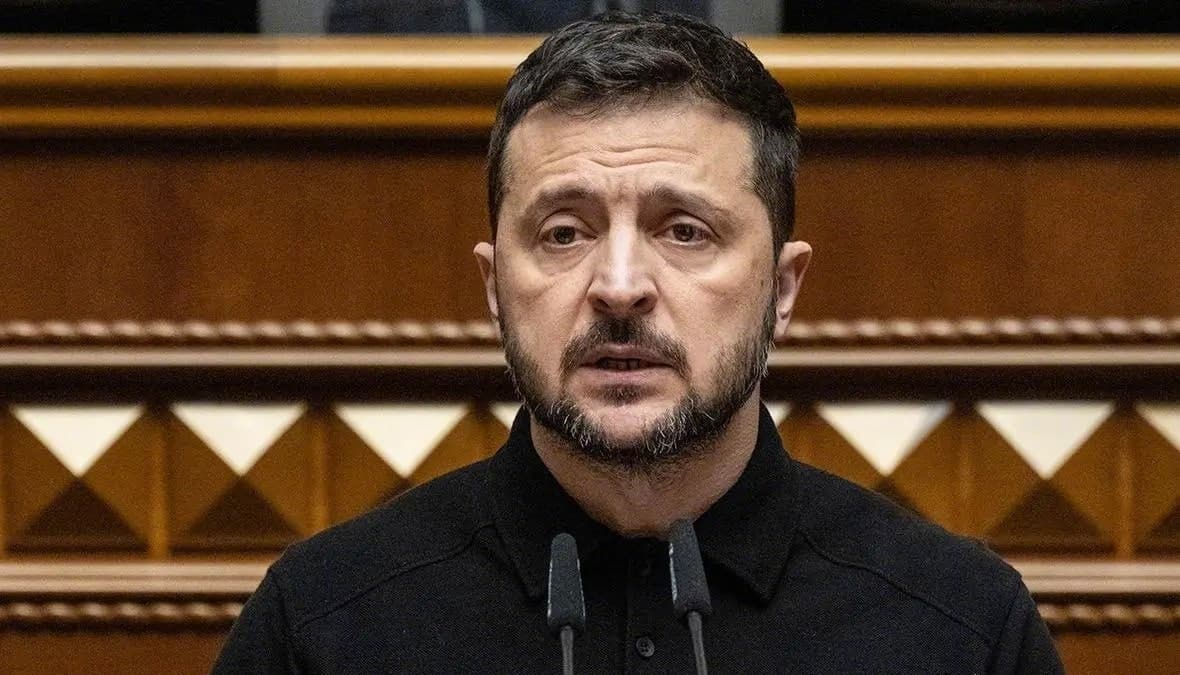
The minerals agreement proposal, which lacked sufficient security guarantees for Ukraine, is a significant indicator of these tensions. Zelensky's rejection of the proposal suggests a growing recognition among European leaders that they must take greater responsibility for their own security, rather than relying solely on the United States. As the US and European allies continue to navigate their differences on security issues, including the ongoing conflict in Ukraine, Zelensky's comments serve as a stark reminder of the challenges facing the alliance.
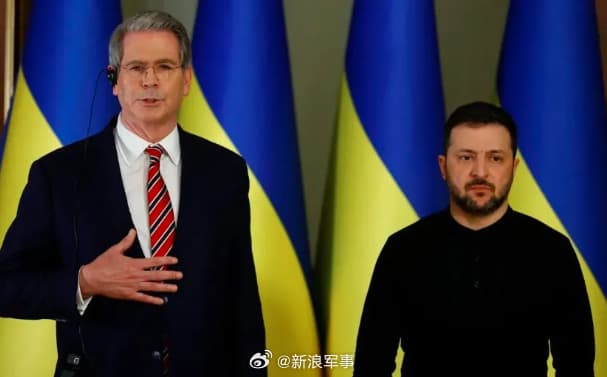
This event has far-reaching implications for Ukraine, as the country's mineral resources are a crucial pillar of its economy. Ukraine's total mineral reserves could be worth tens of trillions of dollars, with significant deposits of tar, anthracite, iron, manganese, chromium, lead, zinc, aluminum, mercury, and nickel. The potential loss of control over these valuable resources could have devastating consequences for Ukraine's economy and sovereignty. The situation also brings to the forefront the issue of war casualties and the humanitarian impact of conflict, with estimates of soldiers killed on both sides being staggering.
The dynamic between the United States, Ukraine, and Russia is complex, influenced by historical, economic, and strategic factors. As the international community seeks to navigate and resolve the Ukraine-Russia conflict, it must consider the nuanced positions and interests of all parties involved, working towards a solution that promotes peace, stability, and respect for international law. The challenge for global leaders is to find a path that balances these competing interests and brings an end to the suffering and bloodshed, fostering a more stable and secure world for all nations. The revelation that Zelensky had only one hour to agree to a US proposal has sparked intense scrutiny and reflection on the nature of US-Ukraine relations, underscoring the complexities of international diplomacy and the need for nations to navigate intricate webs of alliances, economic interests, and geopolitical strategies to protect their sovereignty and pursue their national goals.
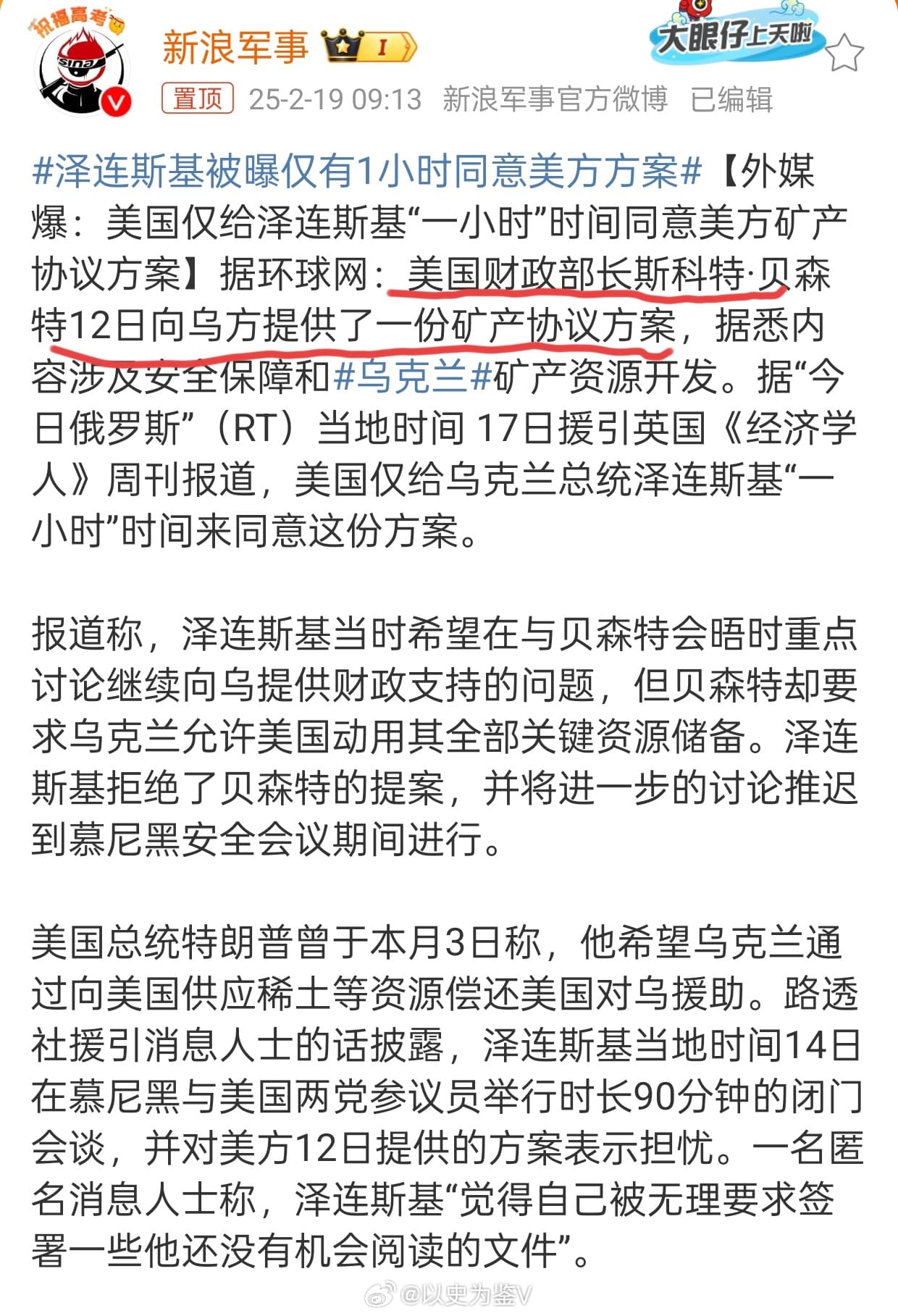
Comments





